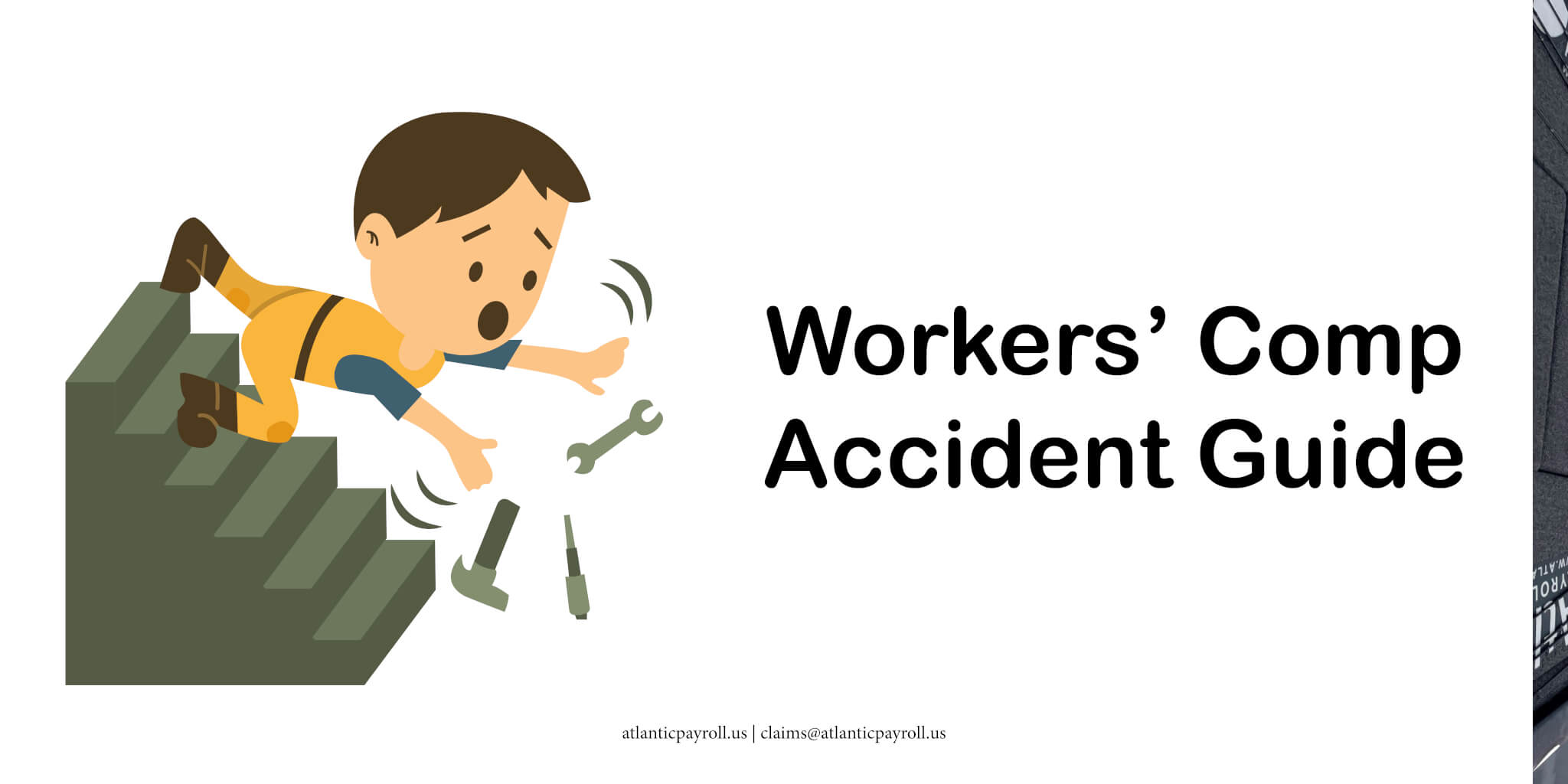What are the rules for hiring minors?
Many businesses employ workers under the age of 18, but employers should be aware of the state and federal rules that govern their employment. The Wage and Hour Division of the Department of Labor prioritizes protecting young workers. By ensuring that employers provide safe environments with no risk of workplace injury or jeopardy to minors’ health, well-being or educational opportunities. Here are some provisions you should know about:
- Children under 14 cannot be employed, except if they work for a parent or as a newspaper carrier.
- Minors aged 14 to 15 are permitted to work outside school time in nonhazardous jobs for three hours a day and 18 hours a week. During holidays and school breaks, they can work eight hours a day and 40 hours a week, 7 a.m. to 7 p.m. and until 9 p.m. during the summer.
- Teens aged 16 to 17 aren’t restricted from working during school hours. There are limits to the number of hours worked, except for agricultural employment and for student learners or apprentices. However, there are special guidelines for agricultural workers that, among other things, impose limits on the use of hazardous equipment.
- Children under the age of 18 may not work in certain hazardous occupations: excavation, manufacturing explosives, mining or operating many types of power-driven equipment.
Next, think Beyond Federal Rules
States, too, have laws regulating minimum work ages, hours of work, types of jobs and required documentation for minors. Work permits or certificates are required in many but not all states. Employers should check their state’s rules. When federal and state standards are different, the rules that provide the most protection to the employees apply, except in cases of small businesses that do not engage in interstate commerce in any way, which are subject to state laws only. If a business generates a total income of $500,000 a year, generates any income outside the state where it is based or makes goods that are sold in another state, it’s subject to federal labor laws.
Keep age certificates for minors on file while they’re working, and return them when employment is over so the minor can work in the future. Certificates may be issued by the DOL’s Wage and Hour Division or more commonly by state agencies or schools. Birth or baptismal certificates with proof of age can be used for states without age certificates.
Under the Fair Labor Standards Act, an employer is permitted to pay employees who are under age 20 a minimum wage of $4.25 an hour for the first 90 days of employment if the youth’s job doesn’t displace other workers. More guidelines on the federal youth minimum wage are available on the DOL site.
Knowing the federal and state rules regarding young workers will enable you to employ minors in lawful work activities and help ensure they have safe and rewarding work experiences. Contact us for counsel on any questions about hiring youth. These are just summaries of complex rules, and other provisions and exceptions may apply.
Copyright 2021
Why Atlantic Payroll Partners
The biggest payroll companies probably won’t have time for your business. It’s that simple, you’ll be a number. At Atlantic Payroll Partners, you’ll be the opposite. We’ll know more than your name; we’ll know the names of your children and their birthday’s as well. We will know you.
We’ve been helping Florida business by managing their payroll and providing workers' compensation quotes for ten years. We help keep payroll cost affordable by provided transparent PEO payroll quotes that allow you to plan your budget accordingly. Like the big payroll companies, you can manage your payroll and payroll timekeeping with us, while reaping the benefits of PEO risk management.
Thinking about payroll outsourcing can be scary. Make sure you know what to expect from payroll outsourcing providers; to make the best decision for your business. In addition to offering payroll, and workers' comp quote we offer: Human Resource consultations, Accounting services, and benefits such as, 401ks and Healthcare plans.
Enacted in 1938, the Fair Labor Standards Act governs federal minimum wage, overtime, child labor and recordkeeping laws. Failure to follow these laws may come with a price.
The U.S. Department of Labor, which oversees the FLSA, says that it recovered an average of $706,000 in back wages per day in fiscal year 2020. For willful FLSA violations, employers can face steep civil monetary penalties and criminal prosecution.
Here are the FLSA errors that often land employers in trouble:
Incorrect calculation of hours worked
The FLSA says that nonexempt employees must be paid for all hours worked, as defined by the FLSA.
When determining the number of hours an employee has worked, consider not just regular and overtime hours but also more nuanced factors such as:
- Training and meeting time.
- Short breaks that are not for the purpose of a meal.
- Off-the-clock work.
- Travel time during the workday, such as time taken to travel between job sites.
- Waiting time.
- On-call time.
- Sleeping time that has been scheduled during a shift.
Incorrect classification of nonexempt and exempt employees
Under the FLSA, nonexempt employees must receive no less than the federal minimum wage and must receive overtime pay for work hours exceeding 40 in a workweek. Salary exempt employees are not eligible for overtime pay and must receive a minimum salary of $684 per week. To be classified as “exempt,” the employee must meet specific FLSA requirements. If they are not exempt, then they are nonexempt.
Misclassifying nonexempt and exempt employees can cause either group to be paid incorrectly. Further, misclassification can lead to improper recordkeeping, as the FLSA has separate payroll recordkeeping criteria for nonexempt and exempt employees.
Incorrect salary deductions for exempt employees
If salary exempt employees performed any work at all for the week, they must receive their full salaries for that week. You can dock their salaries only if the deduction is legally permissible according to the FLSA.
Be sure to check which deductions are legally permissible before docking an exempt employee’s pay.
Incorrect overtime calculations
The FLSA has strict rules for how overtime must be calculated, including what should be excluded from the “regular rate of pay” calculation.
Additionally, the FLSA has different types of overtime calculations, such as standard overtime, fluctuating overtime and weighted average overtime.
Not considering state and local laws
Many states have minimum wage, overtime, child labor and recordkeeping laws. Some states have wage-and-hour laws that are not covered by the FLSA, such as rest periods, fringe benefits, minimum paydays, final paychecks and reporting time pay. Moreover, some local governments have their own wage-and-hour laws.
When state or local laws conflict with the FLSA, the employer must use the law that favors the employee the most.
Not considering new developments
The DOL periodically releases updates about the FLSA. For example, the agency has provided information on how the FLSA should be applied during the COVID-19 pandemic. Sometimes the DOL publishes “final rules,” clarifying certain aspects of the FLSA. Make sure you’re up to date on these publications.
Copyright 2021
Why Atlantic Payroll Partners
The biggest payroll companies probably won’t have time for your business. It’s that simple, you’ll be a number. At Atlantic Payroll Partners, you’ll be the opposite. We’ll know more than your name; we’ll know the names of your children and their birthday’s as well. We will know you.
We’ve been helping Florida business by managing their payroll and providing workers' compensation quotes for ten years. We help keep payroll cost affordable by provided transparent PEO payroll quotes that allow you to plan your budget accordingly. Like the big payroll companies, you can manage your payroll and payroll timekeeping with us, while reaping the benefits of PEO risk management.
Thinking about payroll outsourcing can be scary. Make sure you know what to expect from payroll outsourcing providers; to make the best decision for your business. In addition to offering payroll, and workers' comp quote we offer: Human Resource consultations, Accounting services, and benefits such as, 401ks and Healthcare plans.




